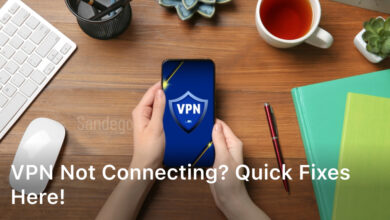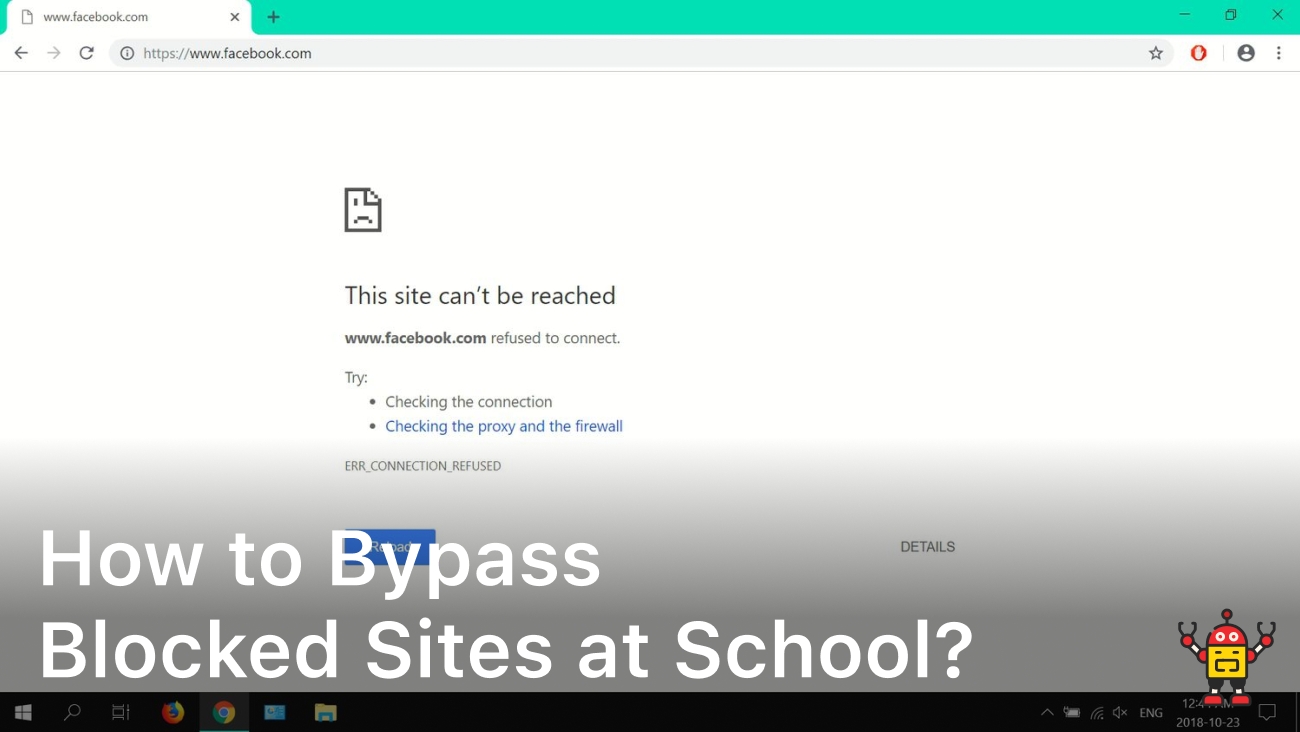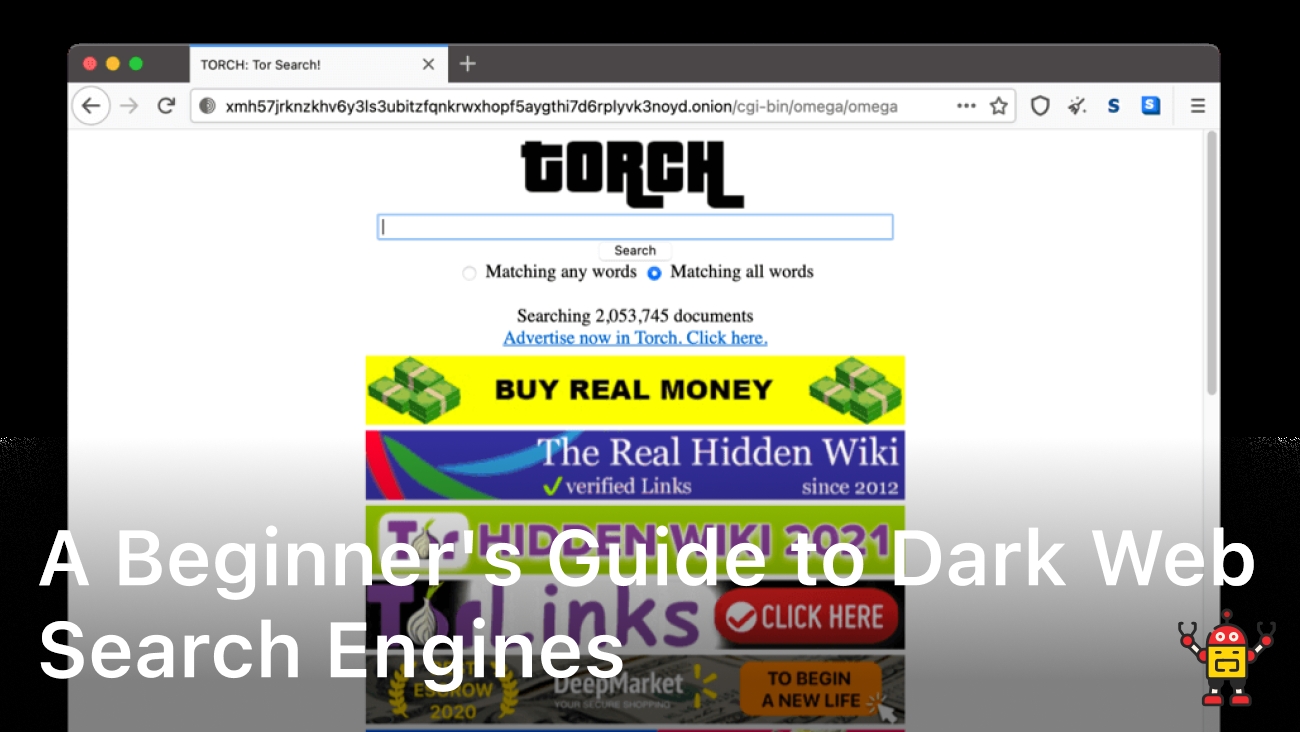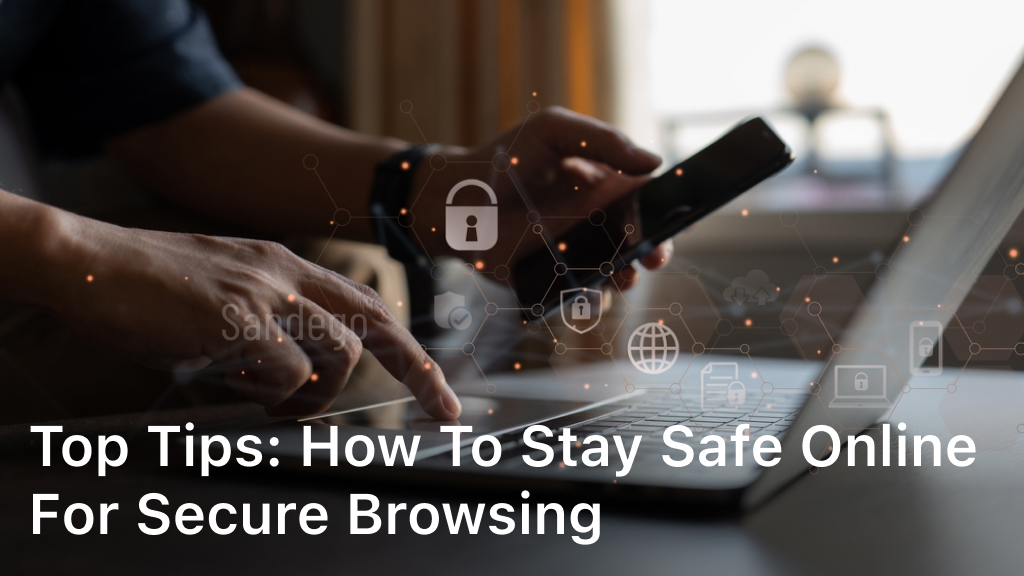In today’s digital age, online banking has become a convenient way to manage finances. However, it also comes with inherent risks, such as unauthorized access and data breaches. Securing your online banking activities is crucial to safeguarding your financial information and privacy.

What is a VPN?
A VPN, or Virtual Private Network, is a technology that creates a secure and encrypted connection over the internet. It allows users to send and receive data as if their devices were directly connected to a private network, even when they are using a public network such as Wi-Fi at a coffee shop or airport.
Essentially, a VPN acts as a tunnel that encrypts all data transmitted between the user’s device and the VPN server, protecting it from interception by hackers, government agencies, or internet service providers. VPNs are commonly used to enhance online privacy, bypass geo-restrictions, and secure sensitive information, such as when accessing online banking or business networks remotely.
Importance of Using a VPN for Online Banking
Using a VPN for online banking is of paramount importance due to several key reasons. Firstly, a VPN encrypts your internet connection, safeguarding your financial transactions and sensitive information from potential hackers or eavesdroppers. This encryption ensures that your data remains confidential and secure, reducing the risk of unauthorized access or interception.
Secondly, a VPN masks your IP address, adding an extra layer of anonymity and privacy to your online banking activities. By hiding your real IP address and routing your internet traffic through a remote server, a VPN prevents cybercriminals from tracking your online movements or targeting you for malicious attacks.
Furthermore, a VPN allows you to access your online banking accounts securely from any location, even when using unsecured public Wi-Fi networks. With the encryption provided by the VPN, you can confidently conduct financial transactions and check your account balances without worrying about the security risks associated with public Wi-Fi hotspots.
In summary, using a VPN for online banking is essential for protecting your financial information, maintaining privacy, and ensuring secure access to your accounts from anywhere in the world.
How Does a VPN Secure Online Banking?
Encryption of Data
A VPN encrypts your internet traffic, making it unreadable to anyone trying to intercept it. This ensures that your financial transactions and sensitive information remain confidential and secure.
IP Address Masking
By masking your IP address with that of the VPN server, a VPN hides your online identity and location. This prevents cybercriminals from tracking your online activities and targeting you for fraudulent activities.
Secure Remote Access
With a VPN, you can securely access your online banking accounts from anywhere in the world, even on public Wi-Fi networks. The encrypted connection ensures that your data remains protected, regardless of your location.
Choosing the Right VPN for Online Banking
Choosing the right VPN for online banking is a crucial step in ensuring the security and privacy of your financial transactions. Here are some key factors to consider when selecting a VPN:
- Security Features: Look for VPNs that offer strong encryption protocols, such as AES-256 bit encryption, to ensure that your data remains secure during transmission. Additionally, check if the VPN has features like a kill switch and DNS leak protection to prevent data leaks in case of connection disruptions.
- Privacy Policy: Opt for VPN providers with a strict no-logs policy, meaning they do not keep records of your online activities. This ensures that your online banking sessions remain private and confidential, with no traces of your browsing history stored on the VPN server.
- Server Locations: Choose a VPN with a wide range of server locations, including servers in countries where you frequently access online banking services. This allows you to connect to a server closest to your location, minimizing latency and ensuring faster connection speeds.
- Speed and Performance: Test the VPN’s speed and performance by conducting speed tests and reading user reviews. A fast and reliable VPN will provide seamless online banking experiences without lags or buffering.
- Compatibility: Ensure that the VPN is compatible with your devices and operating systems, including desktops, laptops, smartphones, and tablets. Look for VPNs that offer dedicated apps for various platforms for easy installation and use.
- Customer Support: Choose a VPN provider that offers responsive customer support channels, such as live chat, email, or phone support. This ensures that you can quickly resolve any issues or queries related to your VPN service.
Best Practices for Secure Online Banking with a VPN
Keep VPN Software Updated
Ensure that your VPN software is always up-to-date with the latest security patches and features to protect against potential vulnerabilities and exploits.
Avoid Public Wi-Fi Networks
Avoid conducting online banking transactions on public Wi-Fi networks, as they pose security risks. Instead, use your VPN to connect to a secure network or use mobile data for added protection.
Use Strong Authentication Methods
Enable two-factor authentication (2FA) or multi-factor authentication (MFA) for your online banking accounts to add an extra layer of security. This requires a second form of verification, such as a code sent to your mobile device, to access your accounts.
Conclusion
Securing your online banking activities with a VPN is essential for protecting your financial information and privacy. By encrypting your data, masking your IP address, and providing secure remote access, a VPN helps mitigate the risks associated with online banking and ensures peace of mind.
FAQ
Is using a VPN legal for online banking?
Yes, using a VPN for online banking is legal in most countries. However, some banks may have policies against using VPNs, so it’s essential to check with your bank’s terms of service.
Can a VPN improve my online banking security?
Yes, a VPN can significantly enhance your online banking security by encrypting your data and masking your IP address, making it difficult for hackers to intercept your information.
Are all VPNs suitable for online banking?
No, not all VPNs are suitable for online banking. It’s crucial to choose a reputable VPN provider with strong encryption and a strict no-logs policy to ensure maximum security.
Do I need to use a VPN for mobile banking?
While using a VPN for mobile banking is not always necessary, it can provide an extra layer of security, especially when accessing your accounts on public Wi-Fi networks.
Can I use a free VPN for online banking?
While free VPNs may seem tempting, they often come with limitations and may not offer the same level of security and privacy as premium VPN services. It’s advisable to invest in a reputable paid VPN for online banking.






